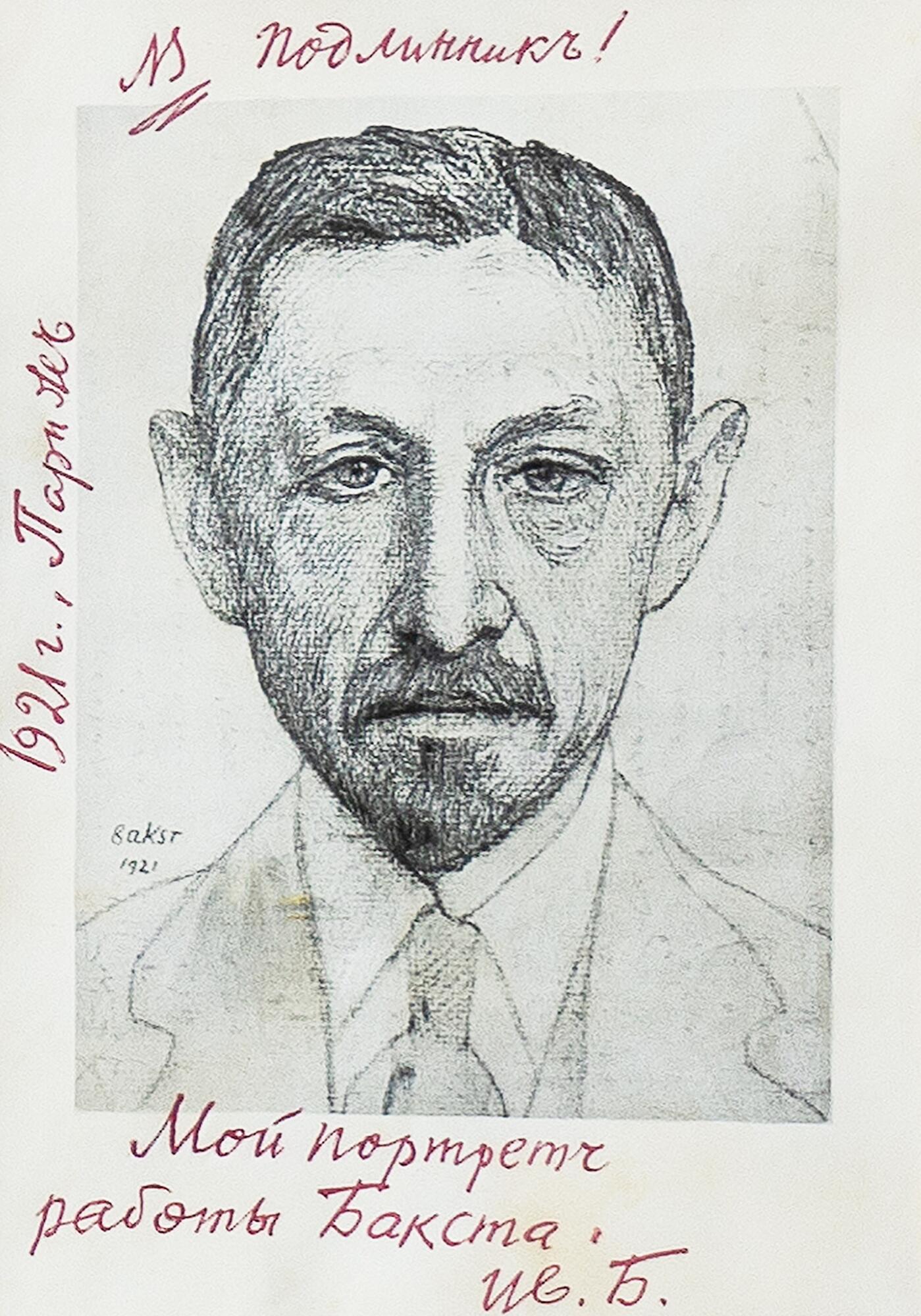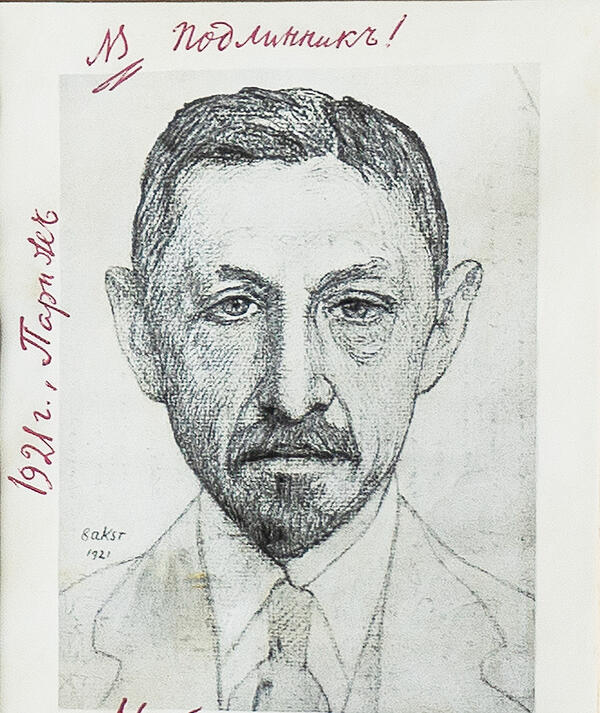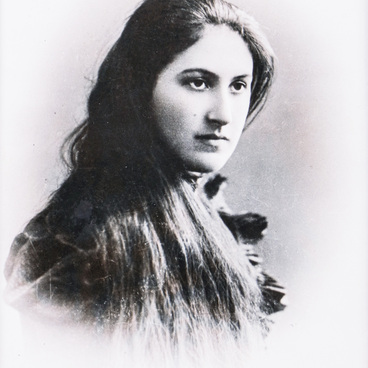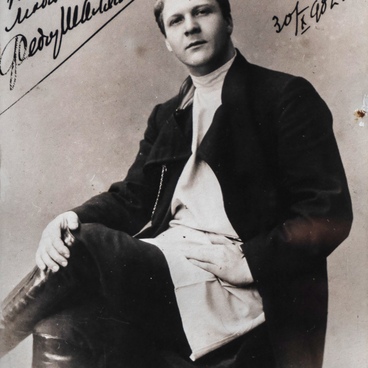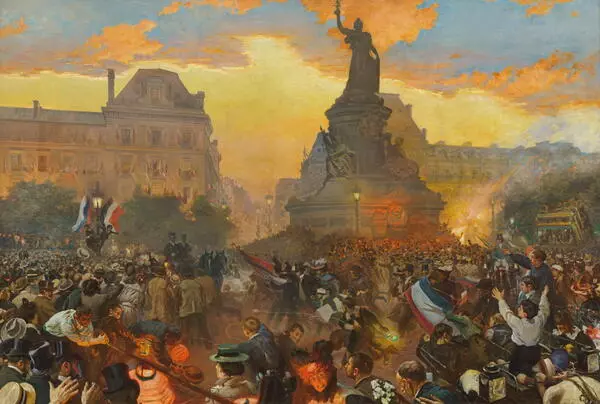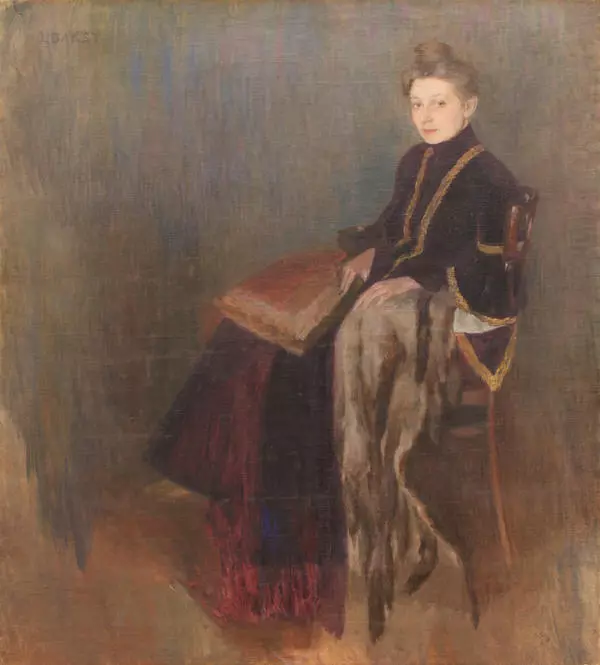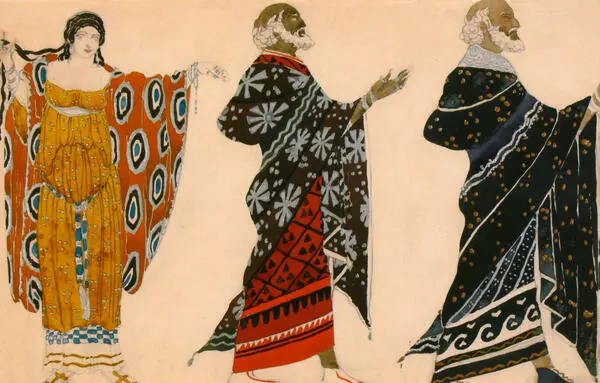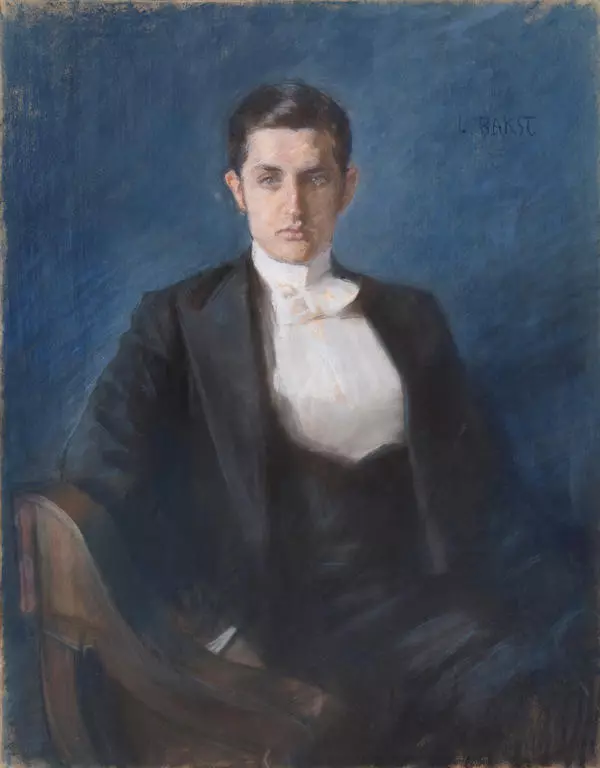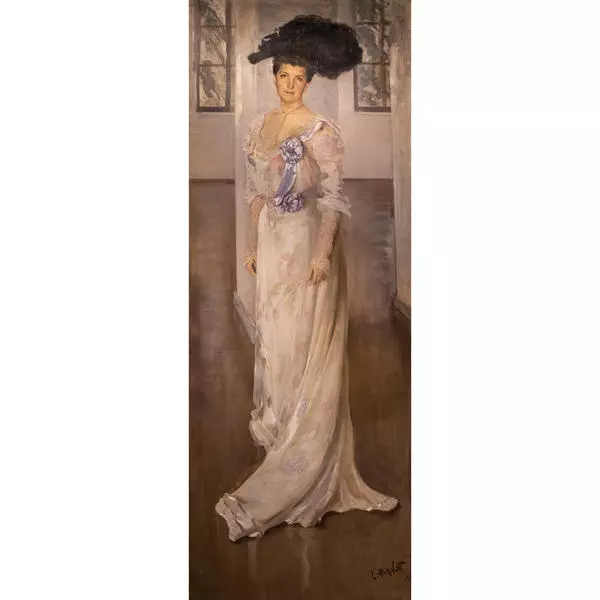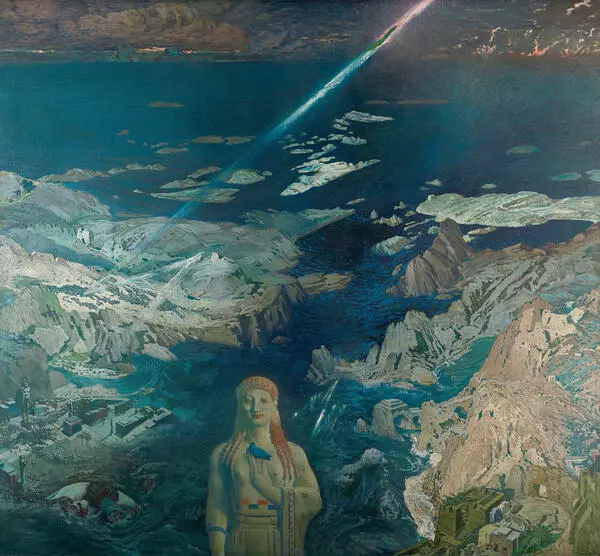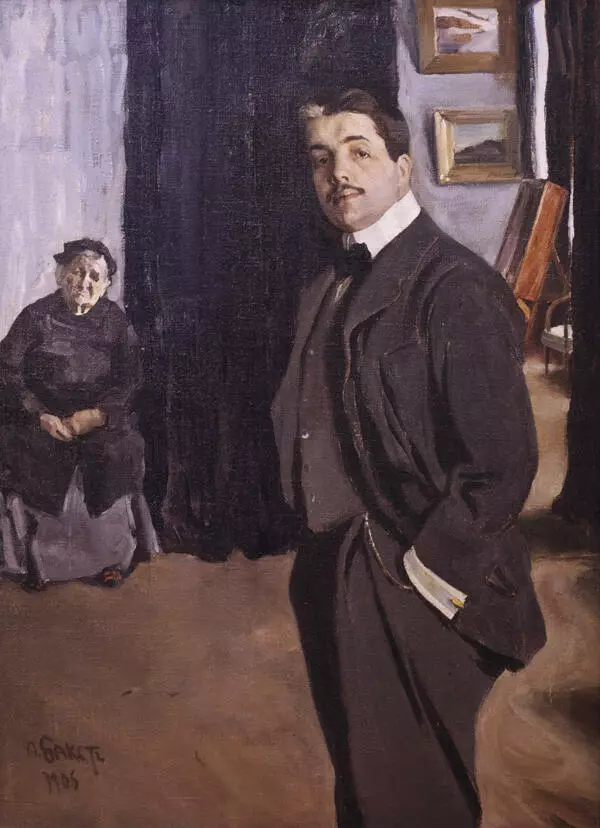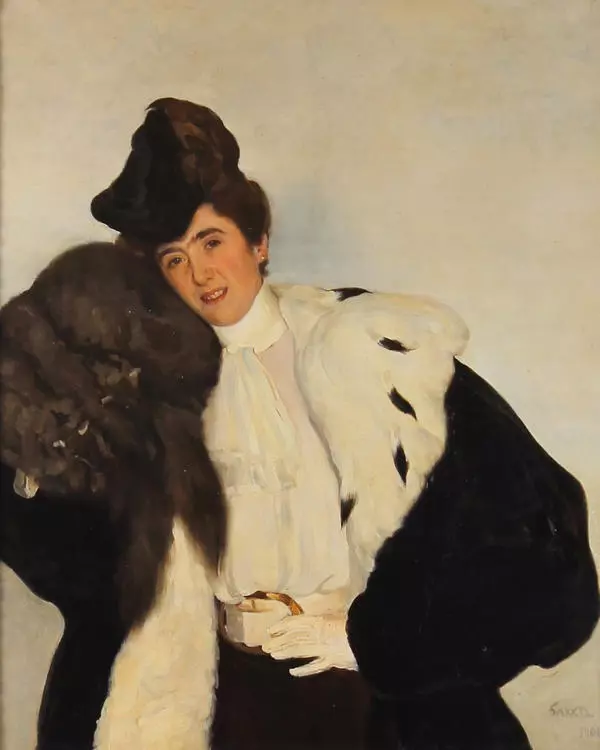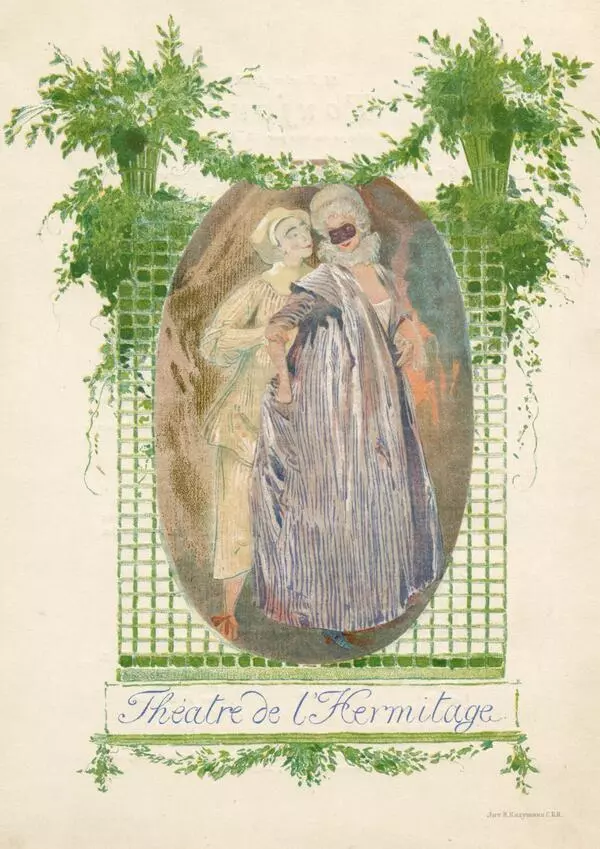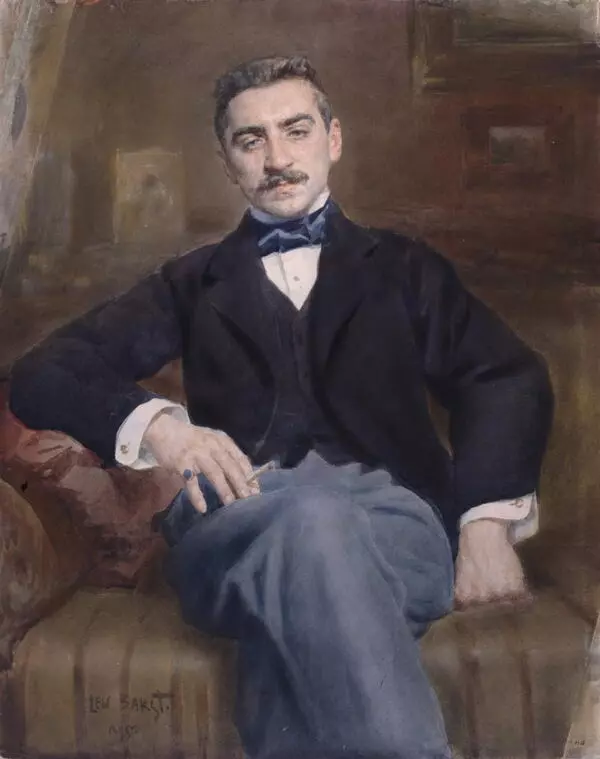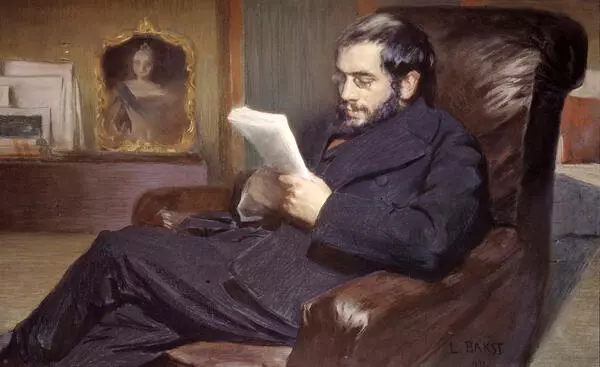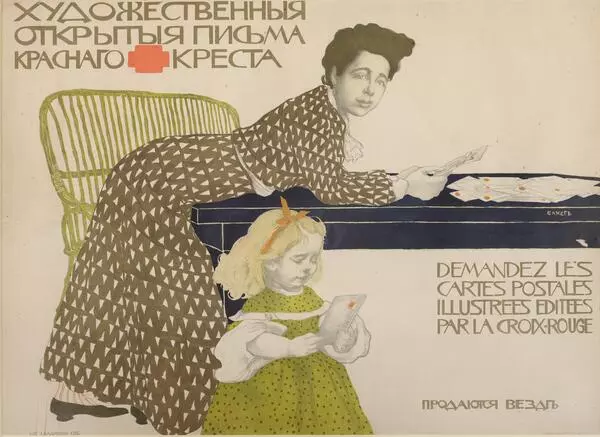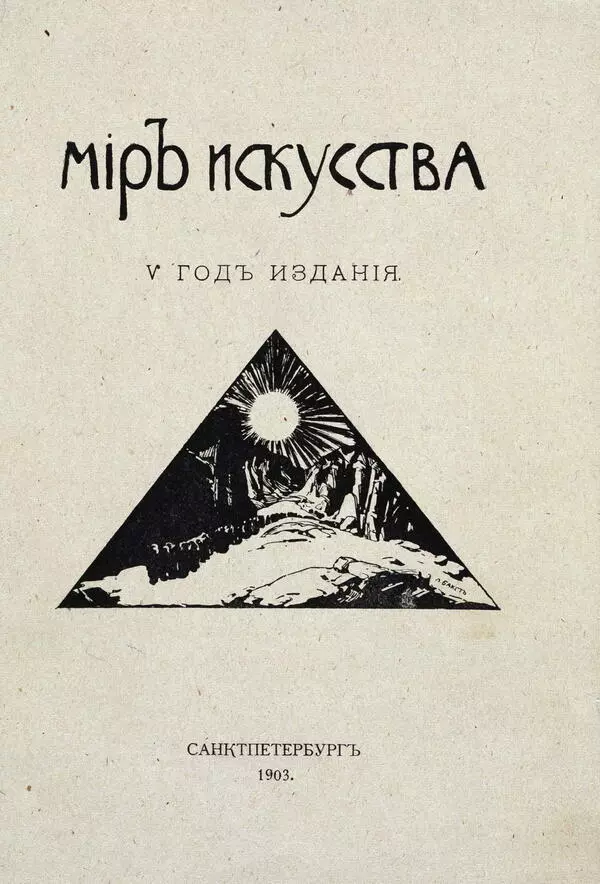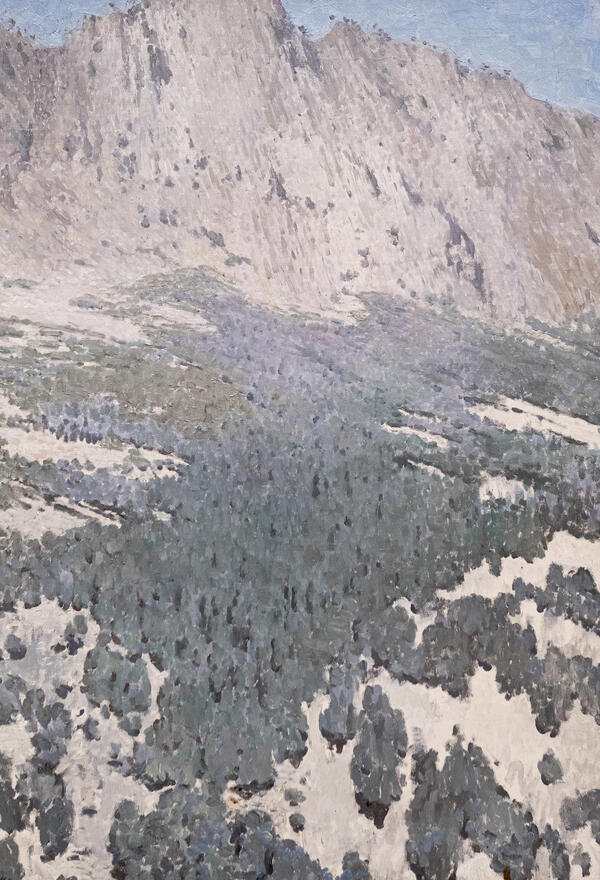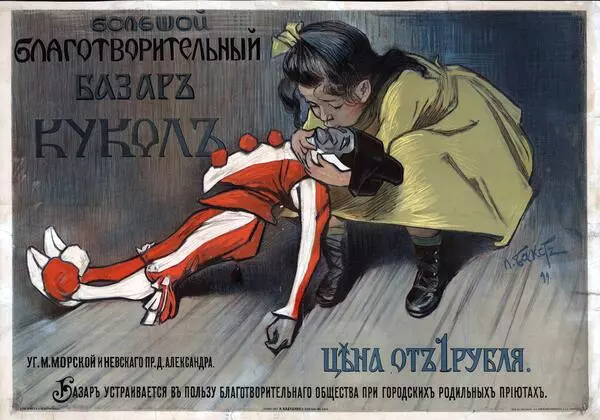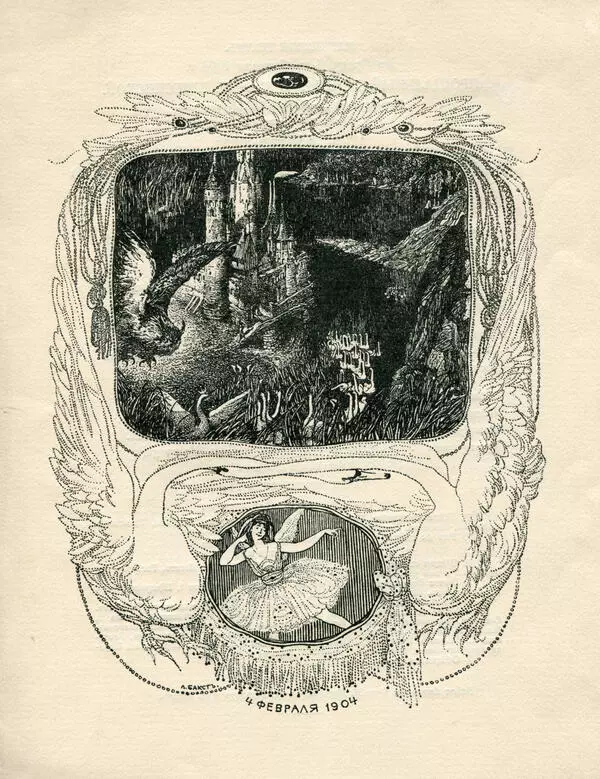Ivan Bunin reflected on the inevitability of revolutionary events in Russia as far as at the beginning of the First World War. Bunin and his brother Yuly had found out about the murder of the Austrian heir Franz Ferdinand in Serbia in the summer of 1914, while sailing along the Volga. As the writer recalled, Yuly Alekseevich said then: ‘Well, the end of us! The war of Russia for Serbia, and then the revolution in Russia… The end of all our previous life! ’.
The revolution of 1917 split Russia into two camps. Most of the Russian intelligentsia, including Ivan Bunin, did not accept the proletarian dictatorship. He considered the revolution to be barbarism and the destruction of culture, was amazed at the scale of murder and violence, and most importantly, at how easily the common people justified it. Bunin wrote: ‘They were terribly indifferent to the people during the war, they criminally lied about their patriotic upsurge, even when the baby could not help but see that the people were sick of the war. Where does this indifference come from? Among other things also from the terribly inherent in us carelessness, frivolity, lack of habit and unwillingness to be serious in the most serious moments. Just think how carelessly, slipshod, even festively reacted all of Russia to the beginning of the revolution, to the greatest event in its entire history that happened during the greatest war in the world! ’.
The writer watched with despair his habitual way of life was collapsing, the country Bunin truly loved was perishing. And, ‘having drunk the cup of unspeakable mental suffering, ” in the winter of 1920, Bunin and his wife Vera Muromtseva set off from Odessa to Constantinople on the Greek steamer “Sparta”. Through Bulgaria and Serbia, they reached France, where they settled for many years of emigration.
The loss of his homeland was a real tragedy for Bunin. Therefore, in the portrait by Lev Bakst in 1921, which is presented at the exhibit, the writer looks thinner, sad, even sick. To the collapse of Russia, which he knew and loved, Ivan Alekseevich dedicated the poem “To whisper spell in time of shining…”.
To whisper spell in time of shining
Of falling star I was in time,
But what will change the fate for us?
There are the same swamps and the copses,
Same midnight, game and wilderness…
And although if God’s mighty power
Even have helped and made come true
The hopes of our darkened souls
Then so what?
There is no return
To usual way we lived before
Can’t count losses, can’t forget,
These slaps from the Pilate’s soldiers
Cannot wash off – and can’t forgive,
As unforgiveable are suffering,
Spilled blood and shudders on the cross
Of all those being killed in Christ,
As can’t accept the coming new
In its disgusting nakedness.
The revolution of 1917 split Russia into two camps. Most of the Russian intelligentsia, including Ivan Bunin, did not accept the proletarian dictatorship. He considered the revolution to be barbarism and the destruction of culture, was amazed at the scale of murder and violence, and most importantly, at how easily the common people justified it. Bunin wrote: ‘They were terribly indifferent to the people during the war, they criminally lied about their patriotic upsurge, even when the baby could not help but see that the people were sick of the war. Where does this indifference come from? Among other things also from the terribly inherent in us carelessness, frivolity, lack of habit and unwillingness to be serious in the most serious moments. Just think how carelessly, slipshod, even festively reacted all of Russia to the beginning of the revolution, to the greatest event in its entire history that happened during the greatest war in the world! ’.
The writer watched with despair his habitual way of life was collapsing, the country Bunin truly loved was perishing. And, ‘having drunk the cup of unspeakable mental suffering, ” in the winter of 1920, Bunin and his wife Vera Muromtseva set off from Odessa to Constantinople on the Greek steamer “Sparta”. Through Bulgaria and Serbia, they reached France, where they settled for many years of emigration.
The loss of his homeland was a real tragedy for Bunin. Therefore, in the portrait by Lev Bakst in 1921, which is presented at the exhibit, the writer looks thinner, sad, even sick. To the collapse of Russia, which he knew and loved, Ivan Alekseevich dedicated the poem “To whisper spell in time of shining…”.
To whisper spell in time of shining
Of falling star I was in time,
But what will change the fate for us?
There are the same swamps and the copses,
Same midnight, game and wilderness…
And although if God’s mighty power
Even have helped and made come true
The hopes of our darkened souls
Then so what?
There is no return
To usual way we lived before
Can’t count losses, can’t forget,
These slaps from the Pilate’s soldiers
Cannot wash off – and can’t forgive,
As unforgiveable are suffering,
Spilled blood and shudders on the cross
Of all those being killed in Christ,
As can’t accept the coming new
In its disgusting nakedness.
